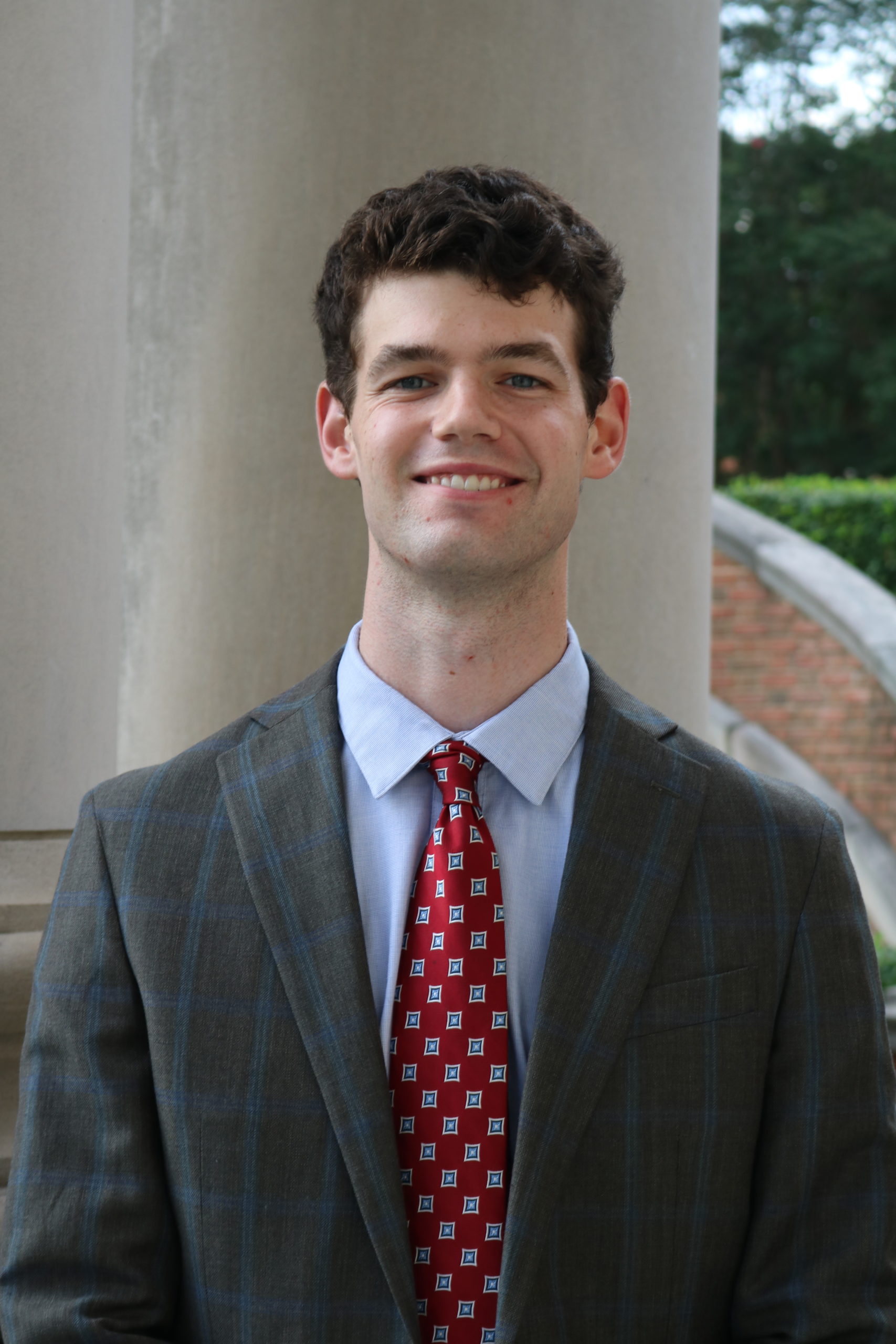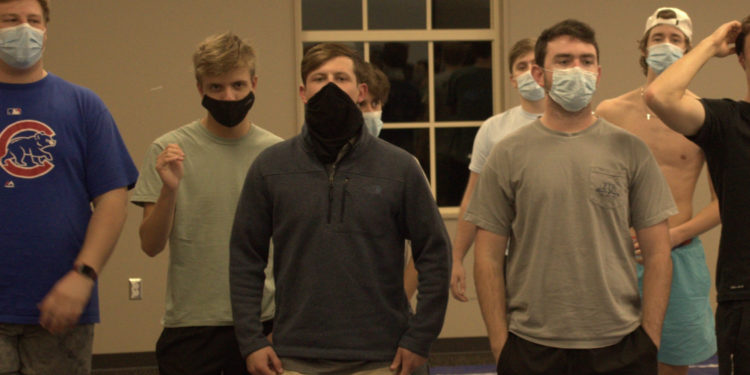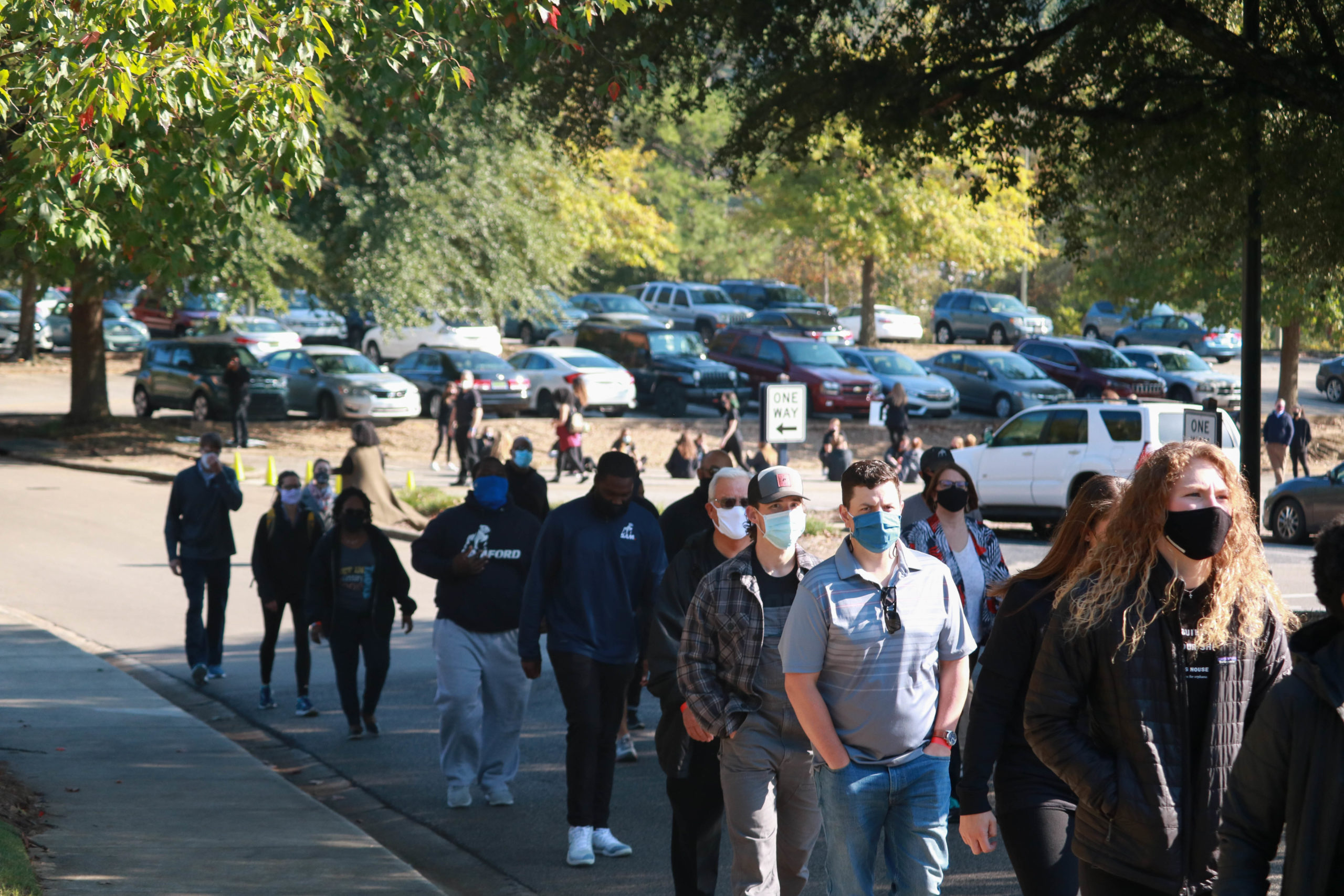For a show where trophies are won by attention to detail, three weeks of practice seems far from enough. But that’s what Step Sing groups are expected to do, and the goal is nothing short of perfection.
Practices for this year’s show were permitted to begin on Monday, Jan. 10, just one day after the annual Banner Drop ceremony.
Pi Kappa Phi, the 2020 Men’s Division Winners, had its first practice on Jan. 10, which ran for three hours of only vocal practice. Their performance this year is titled “What We Do in the Shadows.”
Every group has its own methods of conducting practice. Some choose to nail down their vocals first while some focus on choreography and others learn both simultaneously. However, most groups choose to hit the ground running with long practices.
“We like to start with vocals and to be very technical with them,” Jackson Drake, one of the Pi Kapp directors, said. “Once we learn our choreography, we’ll sometimes dive back into our vocals, especially towards the performances.”
Extra precautions are being taken at each groups’ practices to prevent the spread of the COVID-19 virus. Participants are required to wear a mask during practice and have to take multiple tests prior to performing.
With the constant concern of performers missing practice time due to positive COVID-19 tests, some groups, including Pi Kappa Phi, want to teach as much as possible in the shortest amount of time.
“We all have plenty of anxiety about COVID-19 this year,” Drake said. “We want to give these guys the keys to being successful. So even if someone does have to quarantine, they will hopefully know enough of the show to practice it by themselves.”
Another common theme among most groups takes a lesson from athletics: practice how you play. Groups typically practice on homemade grids that mimic the grid on the Wright Center stage.
So how does a group learn their routine? As previously mentioned, every group has its own methods. But the formula is pretty similar amongst many of the groups.
When groups practice with their grid, each participant is given a number that indicates where they will stand on the grid in different formations. Some songs have just one formation, while others can have three or more.
The potential complexity of the choreography and formations is what requires the large amount of time needed to prepare for the shows. Even though most shows only last around six minutes, every detail must be fine tuned.
Typically, groups are taught the dances by one or more of their directors, which is gradually implemented into the show as performers grasp the moves. According to Drake, the choreography for a song can take 20 minutes to learn, or can take an entire three hour practice, depending on the difficulty.
Over the past 10 years, the top performers have been one of four groups: Alpha Delta Pi (2), Dudes-a-Plenty (3), Pi Kappa Phi (3), and Sigma Chi (2). Each group has their own methods on how to practice, proving that there is more than one way to win Sweepstakes.
“It is so rewarding when everything that is just an idea becomes real right in front of you,” Gracie Walker, senior director of Ignite, said. “That, along with being able to encourage the other girls in Ignite makes me so excited everyday.”
Each group will get the chance to publicly perform their routines to the other groups on Wednesday, Jan. 26. Until then, there is still plenty of stepping and singing to learn.







